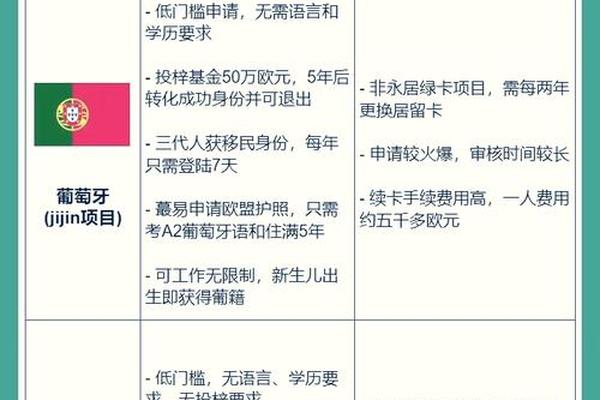中国移民有哪些忌讳英文
中国移民在跨文化适应过程中需特别注意以下文化忌讳,以下内容以英文表述并附中文解释,结合文化禁忌的普遍性与中国社会特性进行归纳:
1. Privacy-Related Taboos
In Chinese culture, directly inquiring about age, marital status, income, or political views is considered intrusive. For example:
This differs from Western norms where casual conversations may include such topics .
Discussions about family conflicts (e.g., divorce, illness) are private. Publicly criticizing family members is taboo .
2. Numerical Taboos
3. Dietary and Gift-Giving Customs
Gifts should be wrapped in red (auspicious) rather than white (funeral color) .
4. Social Etiquette and Body Language
Use formal titles (e.g., 张总 [Manager Zhang]) rather than first names in professional settings.
Hugging or touching strangers (especially the head) is inappropriate. Handshakes are common in business .
Downplay praise (e.g., responding with "哪里哪里" [Not at all] instead of "Thank you") to show humility .
5. Religious and Folk Beliefs
Avoid pointing feet towards doors/beds (associated with disrespect).
Dress modestly; do not touch religious artifacts without permission.
Avoid nighttime activities or discussing ghosts during July in the lunar calendar .

6. Language and Communication Styles
Use euphemisms instead of direct refusal, e.g., "可能不太方便" (It might be inconvenient) rather than "No" .
Summary for Cross-Cultural Adaptation
中国移民需注意的忌讳主要围绕隐私、数字、礼仪和象征意义展开。在跨文化交流中,主动学习并尊重这些禁忌有助于减少误解,例如:
如需更具体的场景分析(如商务谈判或节日习俗),可进一步结合实际案例探讨。
版权说明:
1.版权归本网站或原作者所有;
2.未经本网或原作者允许不得转载本文内容,否则将视为侵权;
3.转载或者引用本文内容请注明来源及原作者;
4.对于不遵守此声明或者其他违法使用本文内容者,本人依法保留追究权等。



